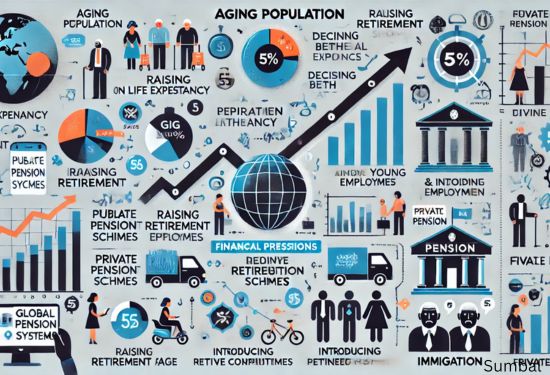The Role of Big Data in Financial Decision Making
In the rapidly evolving financial landscape, big data has emerged as a cornerstone of decision-making processes. By harnessing vast volumes of data, financial institutions and analysts can uncover insights that were previously inaccessible, driving more informed and effective decisions. This article explores the transformative role of big data in finance, highlights current trends, and discusses future developments.

Understanding the Impact of Big Data
Big data refers to the enormous volumes of data collected through various digital platforms and technologies. In finance, big data is crucial for several reasons:
Risk Management: Big data allows for more comprehensive risk assessments by analyzing patterns and trends across a wide array of market conditions and scenarios.
Customer Insights: Financial institutions use big data to gain deeper insights into customer behaviors, preferences, and needs, enabling personalized service offerings and improving customer satisfaction.
Operational Efficiency: By analyzing large datasets, companies can identify inefficiencies and optimize operations, reducing costs and improving service delivery.
Fraud Detection and Prevention: Big data tools help in detecting anomalous patterns that may indicate fraudulent activities, thereby enhancing security across financial transactions.

Current Trends in Big Data Usage in Finance
Machine Learning and AI: The integration of machine learning algorithms with big data is perhaps the most significant trend. These technologies allow for the automation of complex decision-making processes, from trading algorithms in stock markets to credit scoring systems in banks.
Regulatory Compliance: Big data is also instrumental in helping institutions comply with regulatory requirements. By enabling the analysis of vast amounts of transaction data, firms can ensure they meet anti-money laundering (AML) and know your customer (KYC) regulations more effectively.

Future Predictions for Big Data in Finance
Enhanced Predictive Analytics: As computational techniques become more sophisticated, the predictive capabilities of big data will advance, allowing for more accurate forecasting of market trends and consumer behavior.
Expansion of Data Sources: The future may see an even broader range of data sources integrated into financial decision-making. Social media, IoT devices, and unstructured data such as emails and text messages could provide additional layers of insight.
Blockchain Integration: The combination of blockchain technology with big data analytics could revolutionize transparency and security in financial transactions. This integration is expected to enhance data veracity and streamline processes in everything from payment processing to supply chain finance.
Ethical and Privacy Considerations: As the use of big data grows, so too will concerns regarding privacy and data ethics. Future developments will likely include enhanced measures for data protection and ethical guidelines for the use of big data in finance.
Conclusion
The role of big data in financial decision-making is becoming more critical as the volume of data generated by financial activities grows. For financial institutions and businesses, harnessing this data effectively is key to staying competitive in a data-driven world. As technology evolves, the potential for big data to impact financial services will only increase, making it an essential area of focus for future innovation and strategic planning in the financial sector.
(Writer:Matti)





